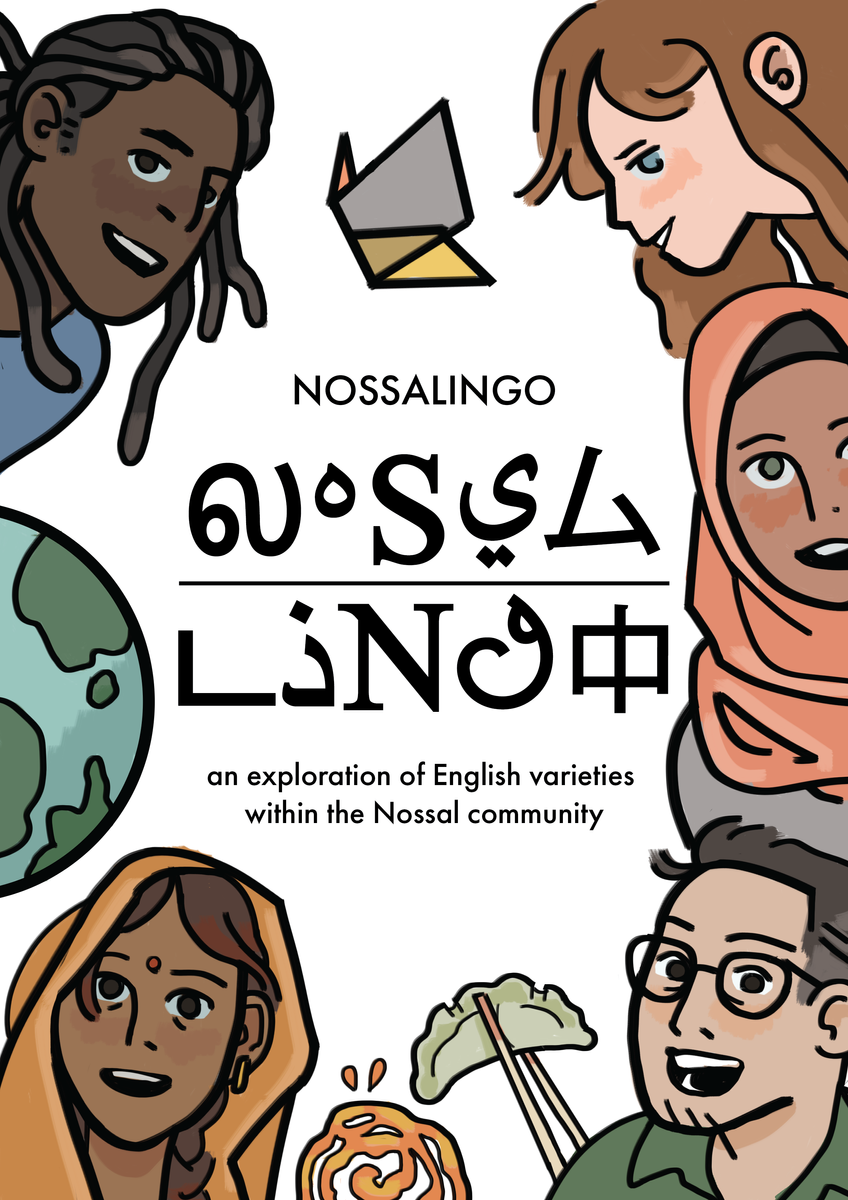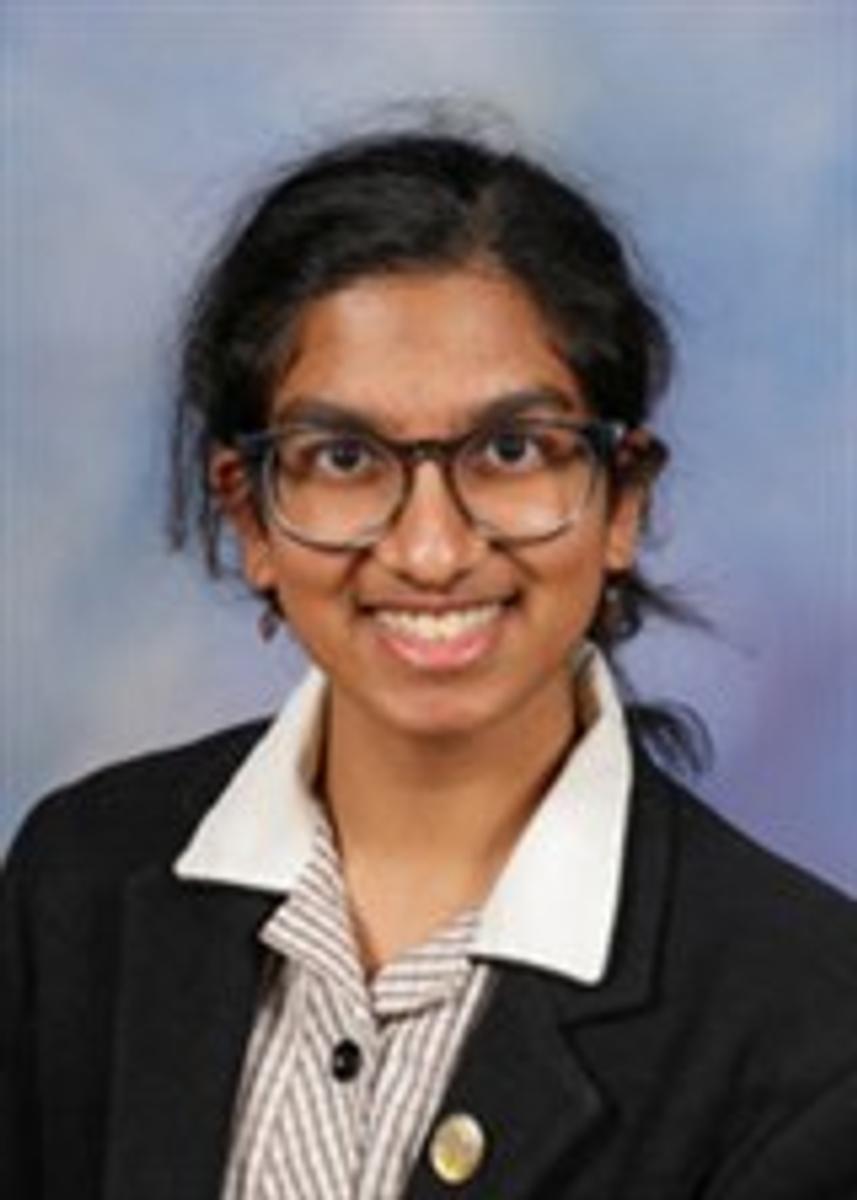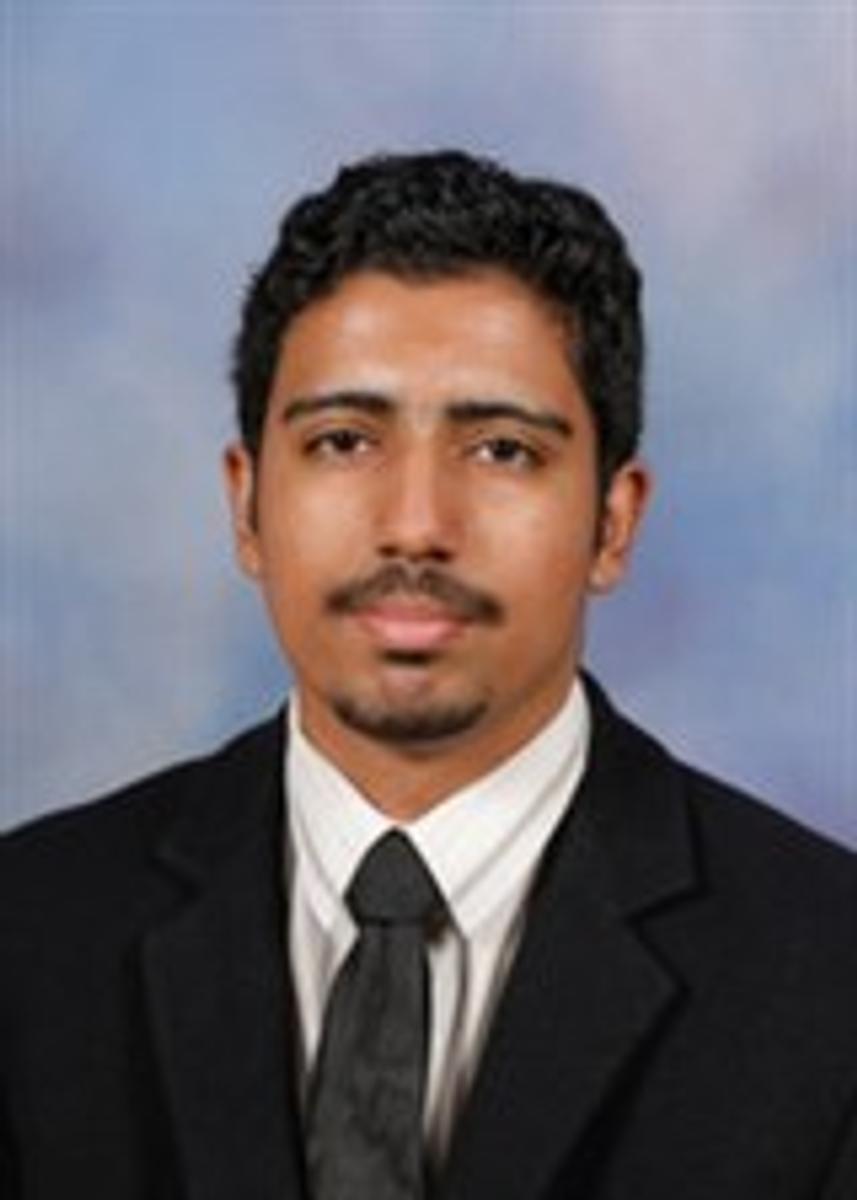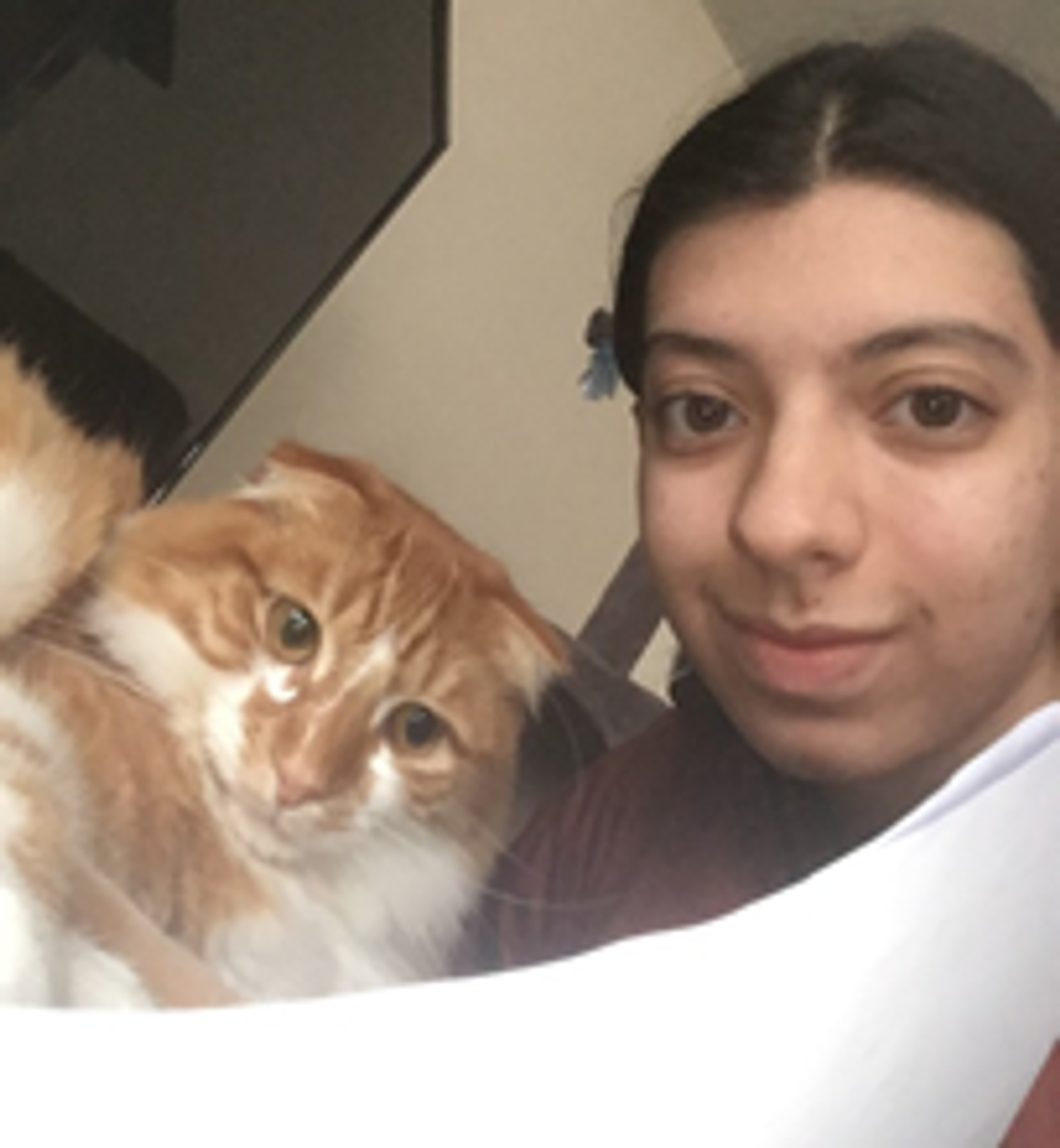English News

NOSSALINGO
Illustrated by Minuki Satharasinghe
The Year 11 English Language teachers are proud to present the inaugural ‘NOSSALINGO: an exploration of English varieties within the Nossal community’.
The Year 11 English Language students begin their Units 1-2 English Language by studying the nature and functions of English Language and understanding the ways in which language is acquired before tracing the history of English Language and exploring the varieties of Englishes.
In Unit 2, students study the distinct characteristics of some of the varieties of English – Indian English, Singaporean English, Aboriginal English and also some of the pidgins and creole. This year they focused on learning more about the Jamaican Patois.
The Nossalingo task was created as part of their study of the varieties of English to provide our students an opportunity to explore their own roots, culture and their identities through language. Also, Nossalingo activity is made possible because we have students who come from a wide range of language background.
We are proud of our Year 11 English Language students who have responded to this challenge by being very creative and thoughtful. We have 13 varieties of English – from Arabic English to Vietnamese English and a range of text types – from travel guides, to interviews to short stories to recipes to festivals. A copy containing all submissions resides in the English Domain Office.
Year 11 English Language teachers
Our Nossalingo task was to create a text type that demonstrated and represented a World English. Arish and I worked together to create a cricket video interview between an Indian debut batsman, and a retired England captain. Our text explored the use of Indian English, specifically within the realms of sport.
The making of our Nossalingo video was exciting as Arish and I worked through the incorporation of Indian English into the script, which was fun since that Indian English is a variety that is close to both of us. We watched lots of sports interviews, and media pieces with Indian English speakers, which helped to make our Nossalingo task sound and feel a lot more genuine. In the end, I feel like the Nossalingo task, and our investigation into Indian English was enjoyable, but also helped to strengthen and broaden our knowledge about World Englishes.
Satya A.
Year 11 English Language student
The Nossalingo activity was a great opportunity for me to not only expand my knowledge of non-standard English features but to also celebrate my culture and where I come from. I have always been fascinated with the connections between the two different cultures and languages I belong to and speak (Indian/English) so to be able to really research and creatively present a task which showcases Indian English was not only an enjoyable experience but also meaningful. The Nossalingo activity allowed me to celebrate and showcase the uniqueness of my culture through the analysis of language a tool which embodies the very meaning of diversity in global society. Having grown up with many people who speak Indian English (parents/relatives) I was able to look back at my experiences and draw inspiration from the language choices they would make to inform how I would create something written entirely in Indian English. Additionally, the activity also required us to produce a short analysis of the cultural context which influences the language features of Indian English as well as how it maintains distinctiveness and serves as a marker for individual identity. This provided the opportunity not only for me to showcase my culture and language (through the creative activity) but to also actually explore what is means to be a speaker of Indian English in terms of how it influences my language choices today (having grown up around it) and what it means for my cultural identity. Overall, the Nossalingo activity was not only very enjoyable but also resonated with me as it provided a unique opportunity to celebrate my own culture and experiences.
Gungeet Singh
Year 11 English Language student
Toolangi C.J Dennis Poetry Competition
In August, I submitted two poems in Category 6 (year levels 9-12) for the C.J Dennis Poetry Competition. Prior to the competition, I hadn’t heard of C.J Dennis and was interested to find he was an Australian poet and journalist who was born in 1876. I had never entered the competition before and was unsure what it would be like, however learned that it had a focus on rhyme, structure, and metre. To my pleasant surprise, I received an email informing me that I had won something, however participants would not be informed of which award they got until the Poetry Festival. Normally, the Poetry Festival would be held in-person, at the Singing Gardens, but due to COVID restrictions, it was held via a zoom meeting this year.
The Poetry Festival, which was on the November 21, was a fascinating and enriching experience. I heard numerous winners, as well as other participants recite their poems and short stories, and also learnt more about C.J Dennis. The award winners from the different categories ranged from children in primary school to nationally recognised writers such as David Campbell, whose books include Simple Poetry! and Morning Light. Participants in the meeting were from all over Australia, ranging from WA to Queensland to Victoria. I enjoyed the diversity of writing and hearing from experienced writers. When the winners from my category were announced, I was astonished to hear that my entries had won first and second prize. Winners would be receiving a copy of the book with a collection of entries from this year’s competition, a certificate, and a monetary prize. I also benefitted from hearing judge feedback on my entries.
Overall, I found the C.J Dennis Poetry Competition and Festival an insightful experience and look forward to entering it again next year.
Kuhu Sharma
Year 10





